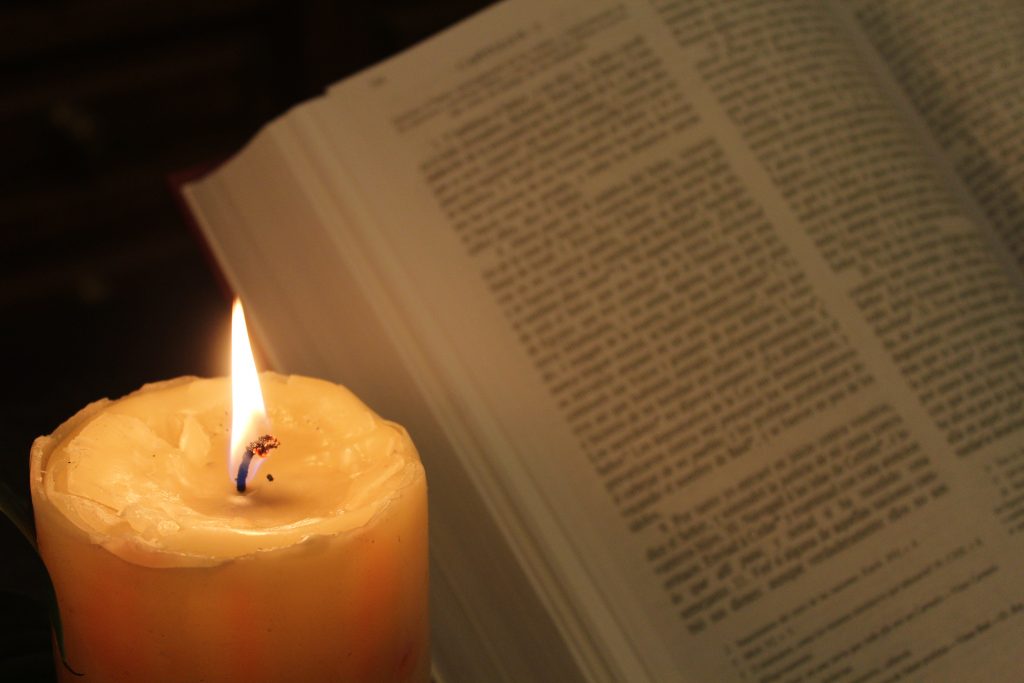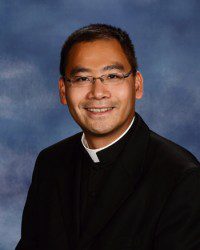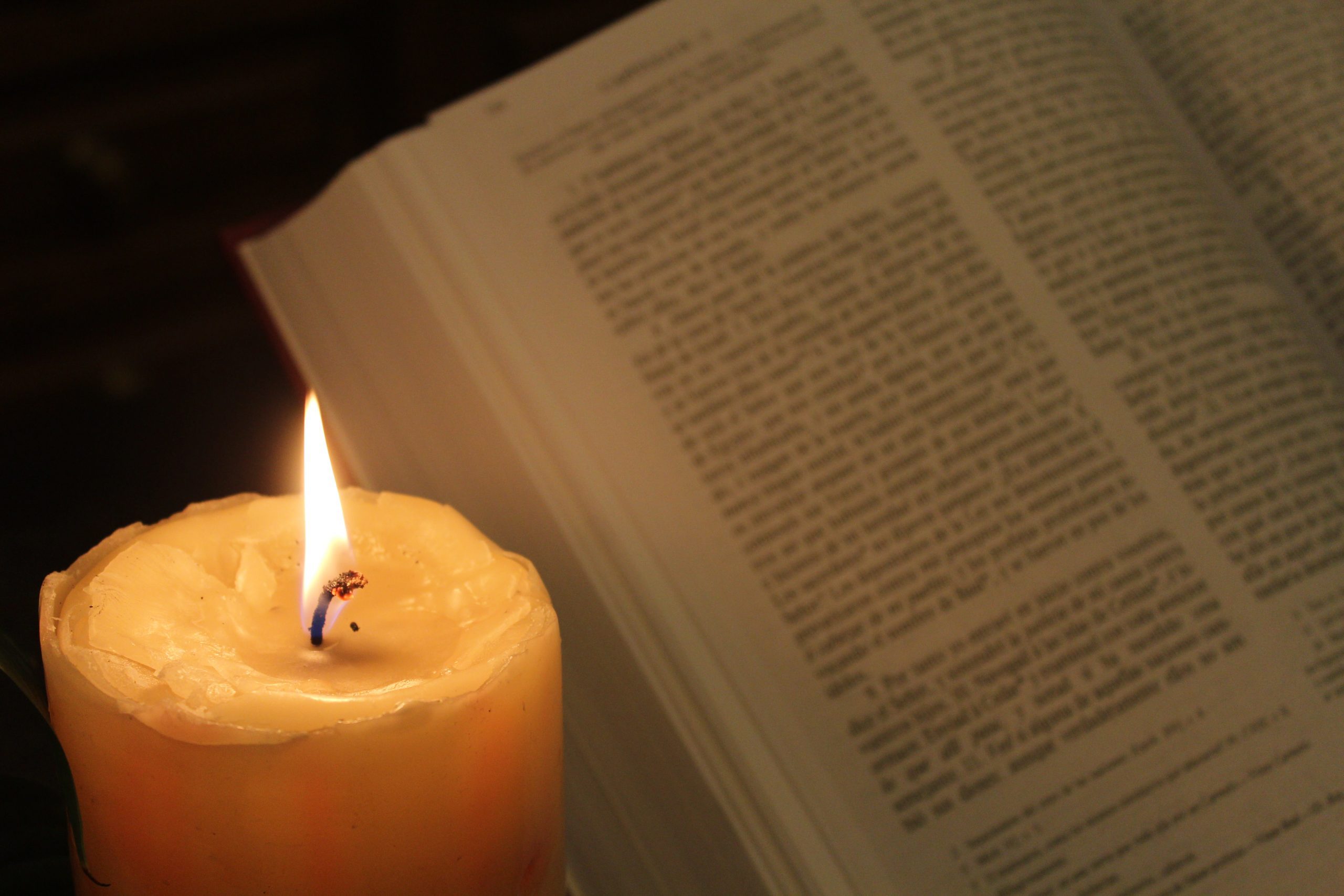
Ordinary Time
Third Sunday of Ordinary Time
 Speaker: Father Lam T. Le
Speaker: Father Lam T. Le
Message:
The people who sit in darkness have seen a great light (Mt 4:16)
During Christmas break, a former student returned to Michigan to visit her family and met me for lunch. She now works for a wonderful parish in a different state. During the meal, she asked me: “Have you ever or is it permissible to select one set of reading for all Masses during Christmas? At the parish of my employment, I was told to do so.” My response: “I will leave the word ‘permissible’ for a cannon lawyer/liturgist to figure out. Since the Church sets out a set of readings for Vigil Mass, Mass during the Night, Mass at Dawn, and Mass during the Day, I simply pray and ponder on the great event of our salvation with holy Mother Church.” I continued the conversation: “The first reading of Mass during the Night is most appropriate to be proclaimed as people drive/walk to Church in the dark and upon entering the Church hear this: ‘The people who walked in darkness have seen a great light; upon those who dwelt in the land of gloom a light has shone’(Is 9:1). Thus, we place ourselves in the journey of God’s people – searching for Light!”
This proclamation of Isaiah is part of our first reading on the 3rd Sunday of Ordinary Time; which hereafter shall be observed as the Sunday of the Word at the request of our Holy Father Pope Francis. In the Gospel passage from Matthew, Jesus left Nazareth and went to Capernaum to begin his preaching. The evangelist Matthew saw this as the fulfillment of the prophet Isaiah: “Land of Zebulun and land of Naphtali, the way to the sea, beyond the Jordan, Galilee of the Gentiles, the people who sit in darkness have seen a great light, on those dwelling in a land overshadowed by death light has arisen” (Mt 4:15-16). We need to ponder upon “Capernaum” where the Son of God, Light from Light, began his preaching: “Repent, for the kingdom of heaven is at hand”(Mt 4:17).
First of all, Isaiah prophesized the light shining upon Zebulun and Naphtali (Is 8:22–9:1). The territory of these two tribes was the first to be devastated (733–32 B.C.) at the time of the Assyrian invasion. In order to point out that Jesus’ residence and the genesis of his ministry at Capernaum was a fulfillment of the prophecy of Isaiah, Matthew refers to Capernaum as being “in the region of Zebulun and Naphtali” (Mt 4:13). One can see that Capernaum shared in the devastation of Assyrian invasion: good religious leaders were exiled and there was an infiltration of other practices that were not congruent with the faith of the Israelites. From a religious standpoint, the people in Capernaum were standing in the dark. Jesus started his preaching ministry in this town and fulfilled the prophecy of Isaiah: “The people who walked in darkness have seen a great light; upon those who dwelt in the land of gloom a light has shone” (Is 9:1).
On this Sunday of the Word, as we enthrone the Bible in our worshipping places, homes, and offices, we acknowledge that unless being guided by the Word of God, our lives might be like Capernaum prior to the day that Jesus took residence there. When we experience sadness, challenges, and difficulties, we are like the residents of Capernaum longing for the Light of comfort, vision, and direction. With God’s Word present among us, we are among those blessed people on whom the Light has shone. By virtue of our baptism, we, who were once in the darkness and gloom of original sin, have been born again into the great Light. We have become cherished members of God’s family. What a privilege!
Yet, with this privilege comes the responsibility to actually live for God and to bring his Good News or his Light to all those we meet at work, at school, in our community and right in our own home. In our second reading, from the First Letter to the Corinthians, St. Paul pointed out that divisions and rivalries that have cropped up in the community at Corinth and have hindered their ability to bring the Light to others. He urges the faithful to “be united in the same mind and the same purpose,” reminding them that it was Christ and only Christ who was crucified for us. Paul’s message is still relevant to us today: we owe everything to Him. Our lives are therefore not about us, our egos, our personal ambitions and loyalties. Our loyalty must be to Christ above all else. Our mission must be to bring God’s Light to everyone.
On this Sunday of the Word, may we pray with the psalmist: “Your word is a lamb to my feet and a light to my path” (Ps 119:105).
Scriptural Readings:
Reading 1 IS 8:23—9:3; Responsorial Psalm PS 27:1, 4, 13-14; Reading 2 COR 1:10-13, 17; Alleluia MT 4:23; Gospel MT 4:12-23 OR 4:12-17

